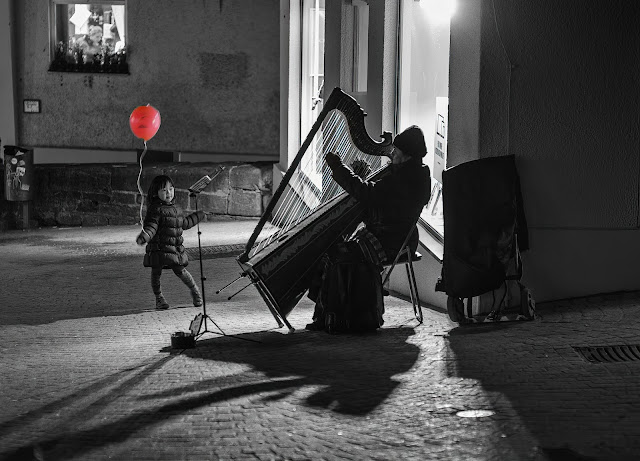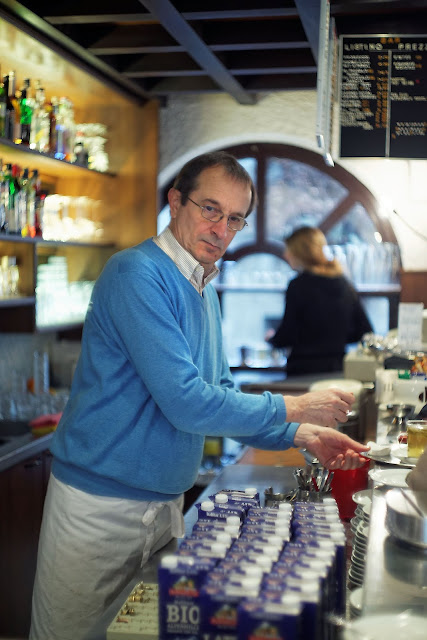Groningen, The Netherlands, twin city of Newcastle
Keep an eye on the Martini Tower for me
Keep an eye on the Martini Tower for me
while
I struggle with my life.
I
still miss the smell of fish
and
the smoke of the Huis de Beurs.
I
will be back, with another song,
for
Mister Wilcox’s Liberation Tour.
I
will be ready for that Pancake Ship
and
the drunken stools of O’Ceallaigh’s.
Keep
an eye on the Martini Tower for me
while
I work out which view to see.
I
will be shouting in a twin-town
and
killing my time with romance.
I
will be smashing through politicians
and
drowning in red lights.
I
will be rehearsing poems,
forgetting
how real life hurts.
Keep
an eye on the Martini Tower for me,
I’m
tearing up coasts to greet you.
You’ll
see my ghost in Schipol,
with
a pint of strong blood in a glass.
I’m
on my way back to Groningen ,
with
the smack of three kisses on me,
to
shake the warm hand of a city poet,
to
piss in the face of a heckler.
Keep
an eye on the Martini Tower for me,
I
was happy in the Land of Cockaigne.
I
could see clowns on a dismal day
and
blondes in a sea of black.
I
met a Grey Man with a girl of nineteen
and
I asked him to show me the way.
I
saw an old hand hack the guts from a beast
and
sucked a cigar to be kind.
Keep
an eye on the Martini Tower for me,
don’t
let her fly away.
I
need her to hold my life together,
I
crave her to show me the way.
I
want her to lean my fragile bones against,
I
need history to guide my feet.
I
have left a careworn scarf with you,
keep
it warm for when I come back.
KEITH ARMSTRONG






































